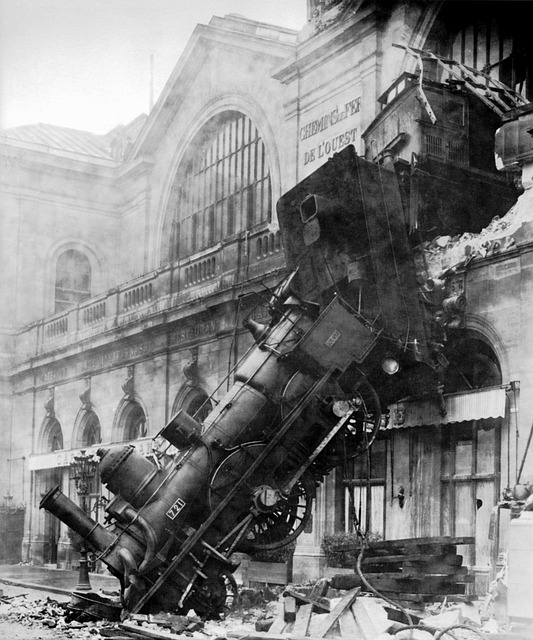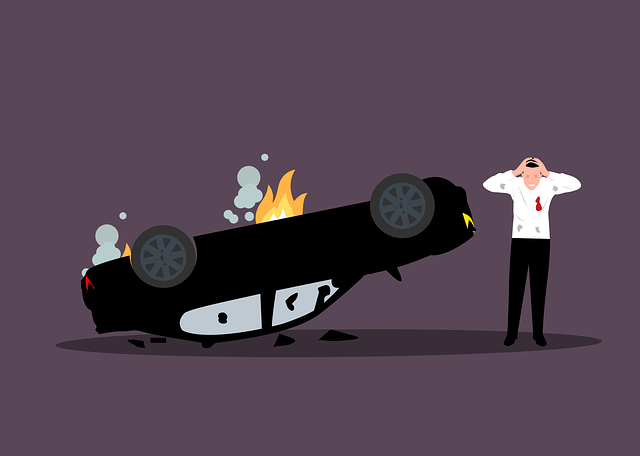Trucking companies in The Bronx and New York State face significant legal liabilities due to accidents involving commercial vehicles, including medical malpractice cases similar to those in Manhattan. Negligence in driver training, vehicle maintenance, and safety regulations can lead to severe consequences. Strict state laws ensure victims have recourse against companies under strict liability rules. Comprehensive insurance and meticulous record-keeping are crucial for risk mitigation. Case studies from real incidents drive industry improvements through data analysis.
In the vibrant yet bustling city of The Bronx, understanding trucking company liability is paramount. This article delves into the intricate web of legal implications and insurance coverage that shape the industry. We explore medical malpractice cases specifically in Manhattan, where incidents involving commercial vehicles can have severe consequences. By examining real-world case studies, we illuminate the impact on regulations, providing insights crucial for both professionals and residents alike.
- Understanding Trucking Company Liability in The Bronx
- Medical Malpractice Cases: A Focus on Manhattan
- Legal Implications and Insurance Coverage
- Case Studies and Their Impact on Industry Regulations
Understanding Trucking Company Liability in The Bronx

In The Bronx, like across New York State, trucking companies operate under a complex web of legal liabilities. When it comes to accidents involving commercial vehicles, understanding the responsibilities and potential consequences is paramount. Trucking company liability extends beyond direct operational issues; it encompasses a range of factors including driver training, vehicle maintenance, and adherence to safety regulations. Negligence on any of these fronts can lead to significant legal repercussions, especially in cases of severe injury or loss of life.
Medical malpractice cases in Manhattan, for instance, often involve complex scenarios where victims seek compensation for damages resulting from substandard care. Similarly, trucking accidents in The Bronx can trigger legal actions against companies for failure to maintain safe operating practices. This includes ensuring drivers are properly licensed and trained, vehicles undergo regular inspections, and that safety protocols are strictly observed to prevent accidents and protect public welfare.
Medical Malpractice Cases: A Focus on Manhattan

In the bustling metropolis of New York City, including areas like Manhattan, medical malpractice cases play a significant role in personal injury litigation. When it comes to trucking accidents, these cases can arise from various situations, such as misdiagnosis or delayed treatment of injuries sustained in collisions involving trucks. Given the high volume of commercial traffic and the unique challenges of navigating dense urban environments, like Manhattan’s labyrinthine streets, drivers and companies must adhere strictly to safety protocols.
New York State’s robust legal framework ensures that victims of medical malpractice, especially those resulting from trucking incidents, have recourse. Medical professionals and trucking companies in Manhattan and across the Bronx are held accountable for their actions under strict liability laws. This means that if negligence leads to harm, plaintiffs can seek compensation for medical expenses, pain, and suffering, emphasizing the critical importance of meticulous record-keeping and transparent communication in these cases.
Legal Implications and Insurance Coverage

In The Bronx, as in many urban centers, trucking companies face a unique set of legal challenges and responsibilities, particularly in cases involving accidents or injuries. One significant aspect is the potential for medical malpractice cases Manhattan-like scenarios to arise from their operations. These situations can result from various factors, such as driver negligence, vehicle maintenance issues, or even the company’s failure to enforce safety protocols. As such, trucking companies must navigate complex legal terrain and carry adequate insurance coverage to mitigate risks.
Insurance plays a pivotal role in protecting trucking businesses and their assets. Comprehensive insurance coverage should include liability protection against personal injuries, property damage, and potential medical malpractice claims. In The Bronx, where heavy truck traffic is common, having robust insurance can safeguard companies from significant financial losses and legal repercussions. It enables them to manage risks effectively and ensure smooth operations in this bustling urban environment.
Case Studies and Their Impact on Industry Regulations

Case studies play a pivotal role in shaping the liability landscape for trucking companies, especially in high-density urban areas like The Bronx. These real-world examples, often stemming from accidents or disputes, serve as powerful tools to drive industry regulations and improvements. For instance, a detailed case study on a medical malpractice involving a truck driver in Manhattan could highlight the critical need for enhanced safety measures when drivers operate heavy vehicles while transporting hazardous materials.
Such incidents prompt regulatory bodies to reevaluate existing policies, leading to stricter guidelines for training, maintenance, and oversight. By analyzing these cases, trucking companies can identify potential risks and implement proactive strategies to mitigate them, thereby reducing the likelihood of similar accidents in the future. This data-driven approach ensures that industry standards evolve based on concrete evidence, fostering a safer environment for all road users.
In conclusion, navigating the complexities of trucking company liability in The Bronx requires a deep understanding of legal implications, insurance coverage, and case studies. Specifically, examining medical malpractice cases in Manhattan highlights the critical importance of industry regulations and their impact on public safety. By delving into these aspects, we can foster a more responsible and regulated trucking industry, ensuring justice for victims and enhancing overall transportation safety.
